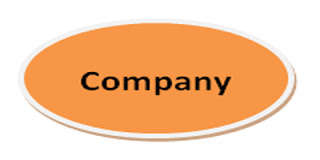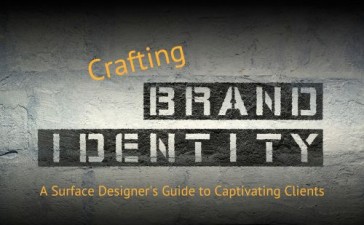The company structure is very different from both the sole trader and partnership structures. A company is formed when a group of individual, or firms, combine as shareholders and incorporate under the provisions of the Company Act.
Companies can be either proprietary limited (PTY LTD) companies or public companies. The difference is that proprietary limited companies cannot offer their shares to the public. As do public companies. For this reason, they are often called private companies.
The company is a separate legal entity, quite apart from the individuals (shareholders) who own or operate it. The company can:
- Own property
- Enter into contracts
- Lend and borrow money
- Operate its own bank account
- Sue and be sued
- Be bought and sold
The liability of the company is limited. That is, shareholders risk only their respective contribution of capital, and not their personal assets. The separateness of the company is also recognized for tax purposes.
When a company is formed it must comply with required legalities. A written contribution must be submitted, including the memorandum of association, which states the company’s name, address, objectives and capital; and the articles of association, which details the company’s internal rules of operation. The company must also be registered with the Australian Securities and Investments Commission and will receive an Australian Company Number (ACN), with must appear on the stationery.
There are two main methods of forming a company.
I. Starting from scratch
This involves:
· Selecting and registering a business name
· Writing a suitable memorandum and articles of association
· Lodging all documentation with the Australian Securities and Investments Commission (ASIC)
· Obtaining a certificate of incorporation and Australian Company Number (ACN)
II. Purchasing a shelf company
Shelf companies have been formed by solicitors or accountants, and have a ready-made structure. They are literally ‘put on the shelf’, waiting for someone to buy them.
Self companies generally require a change of name, or registration of a business name, together with amendments to the memorandum and articles of association, before lodging with Australian Securities and Investments Commission.
Want to learn more about your business structure for your art & Design?
It’s as simple as 1… 2… 3…
1: Like ArtSHINE’s Facebook page
2: Send an e–mail Quantum Compass: partnership@QuantumCompass.com.au and receive your PDF “ The Advantages and Disadvantages of being a “Company”
3: Contact Vinh for a no cost, no obligation coaching session: http://www.surveymonkey.com/s/ArtShineDiscovery





